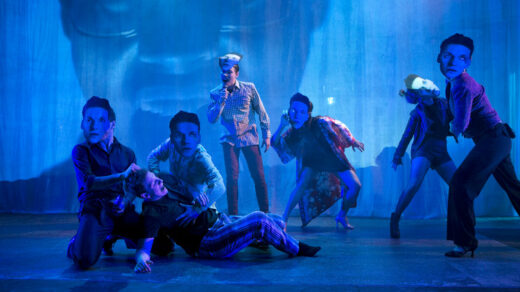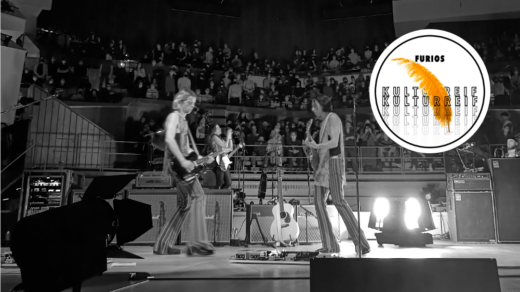There’s never enough time to read all the books on the to-be-read-pile. For directions through the literary jungle our editor Larissa Schäfer curates some books fresh from the press in this literary review.

New year, new read! If you’re anything like me, you’re always in search of a (new) good book. Especially with all the research papers I have to read for my studies, it’s refreshing and vital for me to read other non-fiction and/or books not related to my subjects. There’s so much interesting stuff out there! Here are some new non-fiction books to look forward to.
05.03.24 Sasha LaPointe: Thunder Song, Counterpoint
A collection of queer, indigenous essays from Sasha LaPointe who grew up in a reservation in the Northwest of the US and defines herself as a Coast Salish Punk. Her essays are about heritage, indigenous identity, and environmental issues.
19.03.24 Judith Butler: Who’s afraid of gender?, Penguin Books UK and FARRAR STRAUSS & GIROUX
Judith Butler is an US-American researcher, post-structuralist, and feminist philosopher. Their book Gender Trouble (1990) is viewed as the groundwork for queer studies. This book takes a different approach and confronts the anti-gender movement. It’s also a book that Butler didn’t publish with an academic press and it is easier to read than some of their other work. In Who’s afraid of gender? Butler analyzes the term gender in regards of TERF’s (transexclusionary radical feminists), fascists and authoritarianism.
21.03.24 Lucy Sante: I heard her call my name. A memoir of transition, Cornerstone
Born in the 1950s, the Belgian-US-American artist, author and critic Lucy Sante wrote this memoir of her life and transition at over 60. She lived in Verviers, Belgium as well as in New York and after decades of living as a man decided to become a woman only recently.
18.04.24 Zeinab Badawi: An African history of Africa: From the Dawn of Civilisation to Independence, Random House UK
With this book the journalist and filmmaker Zeinab Badawi tackles Africa’s history with its origins of humanity and civilization. It seems overdue for a history book that centres Africans themselves in this long tradition of globalized-north-centred narratives. For this epic, the author spoke to anthropologists, historians and storytellers from over 30 countries. “Everyone is originally from Africa, and this book is therefore for everyone.”
Stay tuned for the next part with a curation about coming literary fiction titles!



